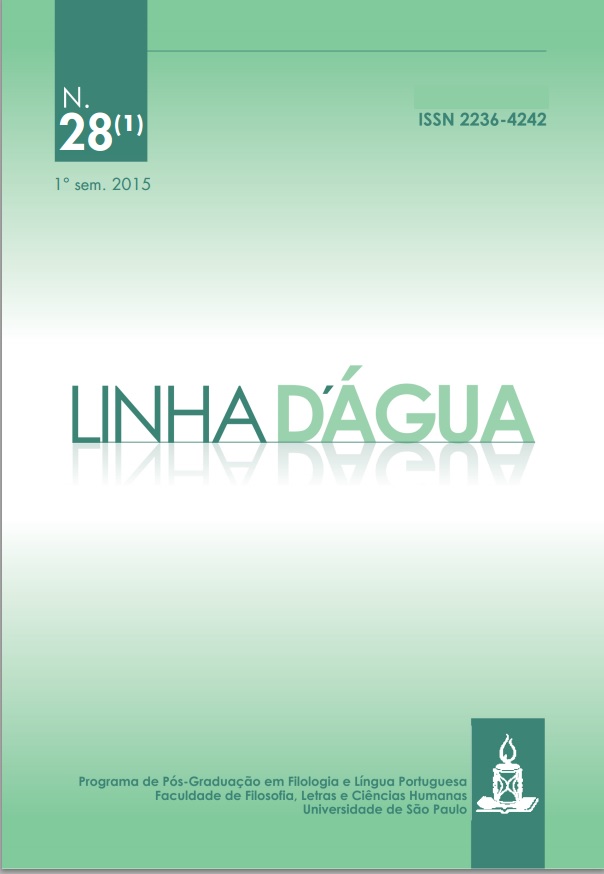Practice (In)Training Blog Platform: Readings and Writing Policies (Con)Texts of Secondary Education
DOI:
https://doi.org/10.11606/issn.2236-4242.v28i1p87-107Keywords:
Blog, Educommunication, Learning Society, Critical Reading, Digital Journalism.Abstract
This paper refers to an interdisciplinary action-research on digital journalism, which developed building actions of political knowledge through reading and reflecting journalistic portals from the State of Paraíba. The study favored the construction of new ways of learning from the writing practice, producing interfaces perceptions about society. By treading a converged conceptual route, this paper relates the framework from Educational Communication (Martín-Barbero, 2014) theory with the Learner Society (ASSMANN, 2001) perspective, considering other authors’ point of view. From these theoretical frames, this work shows the intervention performed with high secondary school students from Campina Grande – PB, considering the social experiences narrated by those participants. As the most significant result, the study enabled the creation of Jornalismo.com blog for textual students’ productions, expecting educational proposals that can go beyond the school environment. Among the achieved goals, it was possible to envision the participants’ critical formation and information through reading news and web reports, as well as the encouragement of their writing skills, suggesting the necessity of ensuring the learners’ voices beyond the educational contexts, by (in)forming them from transforming and collaborative actions.Downloads
Downloads
Published
Issue
Section
License
The Editorial Board authorizes free access to and distribution of published contentes, provided that the source is cited, that is, granding credit to the authors and Linha D'Água and preserving the full text. The author is allowed to place the final version (postprint / editor’s PDF) in an institutional/thematic repositor or personal page (site, blog), immediately after publication, provided that it is available for open access and comes without any embargo period. Full reference should be made to the first publication in Linha D'Água. Access to the paper should at least be aligned with the access the journal offers.
As a legal entity, the University of São Paulo at Ribeirão Preto School of Philosophy, Sciences and Languages owns and holds the copyright deriving from the publication. To use the papers, Paidéia adopts the Creative Commons Licence, CC BY-NC non-commercial attribution. This licence permits access, download, print, share, reuse and distribution of papers, provided that this is for non-commercial use and that the source is cited, giving due authorship credit to Linha D'Água. In these cases, neither authors nor editors need any permission.
Partial reproduction of other publications
Citations of more than 500 words, reproductions of one or more figures, tables or other illustrions should be accompanied by written permission from the copyright owner of the original work with a view to reproduction in Linha D'Água. This permission has to be addressed to the author of the submitted manuscript. Secondarily obtained rights will not be transferred under any circumstance.










